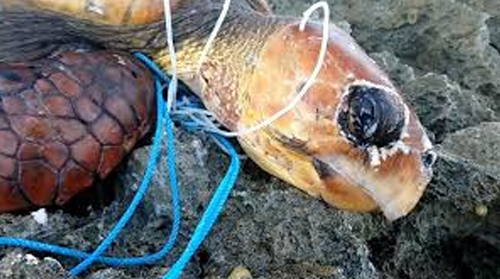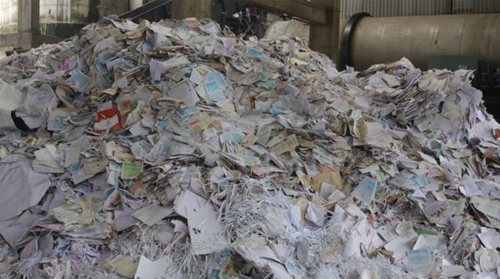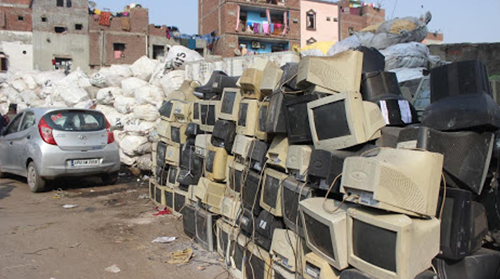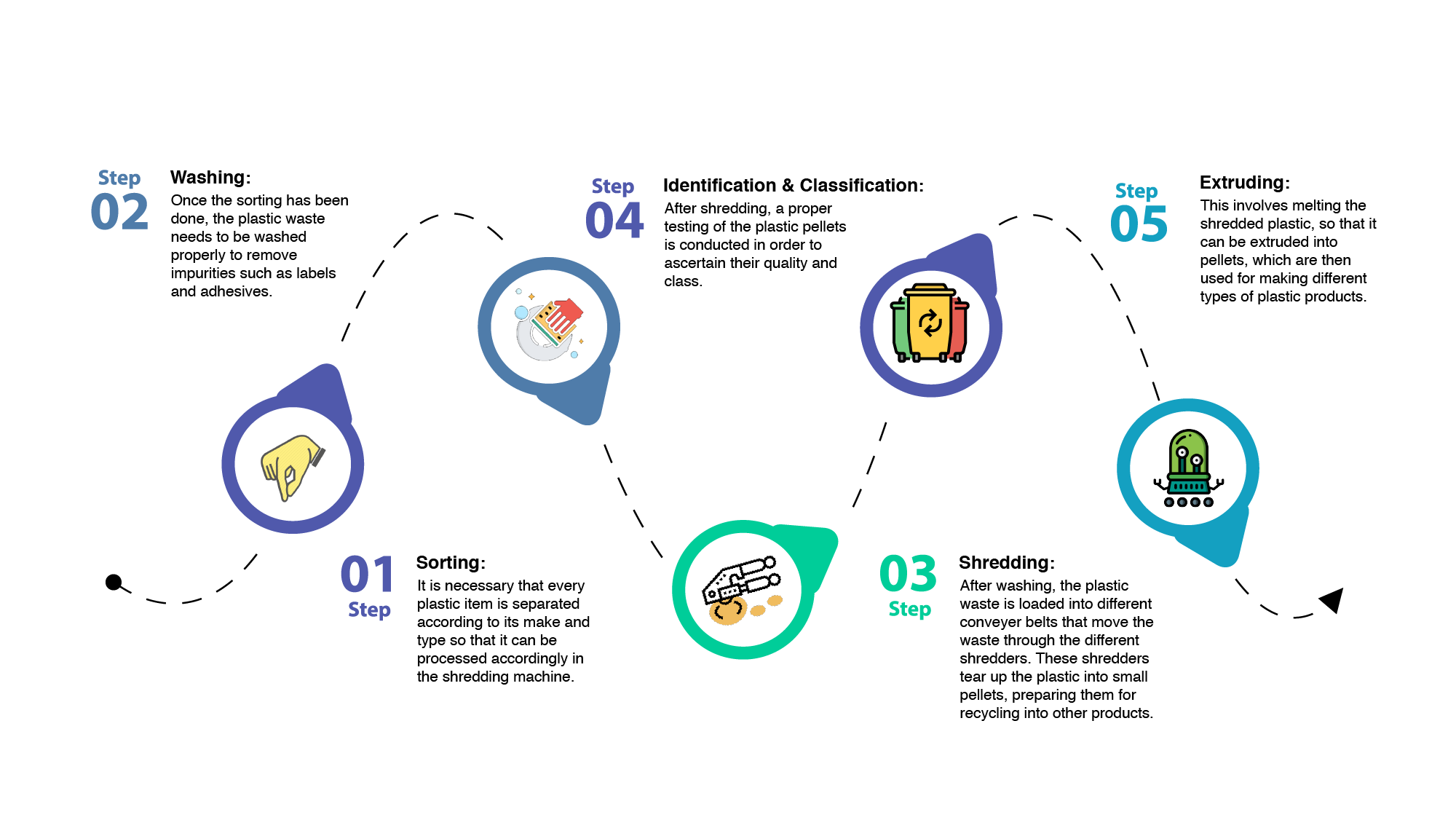STORY ABOUT US
RECYCLE INDIA
Recycle India Foundation is an NGO that works for purifying our environment and making our lives better by educating, promoting and working in recycling plastic and E-Wastes. We know that Mother Nature is a gift of humanity which we need to protect and preserve for our future and our upcoming generations. Different types of wastes are destroying our natural habitat which is leading to many major problems such as global warming. Recycle India Foundation stands for looking into such problems which are usually neglected by others. We recycle, re-use non-biodegradable materials and make other people aware, educate and pledge to contribute their time and energy to help protect our nature so that our future may be bright and evergreen.
Plastic Recycling
This is the most common material used in our everyday life. Plastic is non- biodegradable, thus it does not decompose with time and these wastes include polythenes, plastic cups, bags, styrofoams etc. Plastics are a major harm to our environment.
Paper Recycling
The recycling of paper is the process by which waste paper is turned into new paper products. It has a number of important benefits: It saves waste paper from occupying homes of people and producing methane as it breaks down.
E-waste Recycling
E-Waste stands for Electronic Wastes. These wastes are disposed electronic gadgets, equipments and scraps. These wastes contain harmful materials like lead, cadmium, beryllium or brominated flame retardants, which causes great harm to living things and Mother Nature.

Plastic pollution: Flip-flop found in poo of endangered Indian Ocean tortoise
The island's tortoises are being affected as well by eating plastic debris, with half a flip-flop found in a pile of dung.

India is a world leader in waste paper
During the first half of last year, there was a 200% rise in waste paper exports from the European Union to India, according to the Confederation of European Paper Industries.

Electronic waste is recycled in appalling conditions in India
The world produces 50 million tonnes of electronic and electrical waste (e-waste) per year, according to a recent UN report, but only 20 per cent is formally recycled. Much of the rest ends up in landfill, or is recycled informally in developing nations.
Why Recycle?
Recycling significantly reduces the need for landfills. The world has changed very much in the past century and the amount of waste we produce as humans is rapidly increasing. The human population has grown, and consumers are now making more purchases than before. Changes in lifestyle practices, such as eating fast food and opting for disposable items, means more waste is now being created.

Our rag pickers are responsible for recycling almost 20% of the country’s waste. Globally, studies show the most critical link in waste management supply chain is the RAG PICKER.
Our device that accepts used(empty) beverage containers and returns money to the user. The machines are popular in places that have mandatory recycling laws or container deposit legislation. In some places, bottlers paid funds into a centralized pool to be disbursed to people who recycled the containers. But we aim to be use for general environmental cleanup.
In 2016, the concept of Extended Producer Responsibility (EPR) was introduced into the Plastic Waste Management Rules, 2016. EPR is a practice and policy approach in which producers are made responsible for collecting and processing their manufactured products upon end of their lifetime.
 Recycling Procedure
Recycling Procedure
know more

Social Impact & Awareness
Plastic pollution is currently one of the biggest environmental concerns. It may seem like large amounts of plastic waste are inevitable in the world we live in, but you can help with the plastic pollution issue by being aware of its dangers and taking steps to reduce waste.
The amount of garbage in the world increases as the population grows, and disposable plastic products, like water bottles and soda cans, accumulate over time. Plastic pollution occurs when enough plastic has gathered in an area that it affects the natural environment and harms plants, animals, or humans.
The only way to make this happened is to take action!
Action speaks louder than words. It is time to say less and act more. It is our world and we need to save it!!
